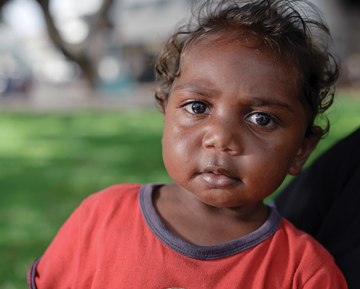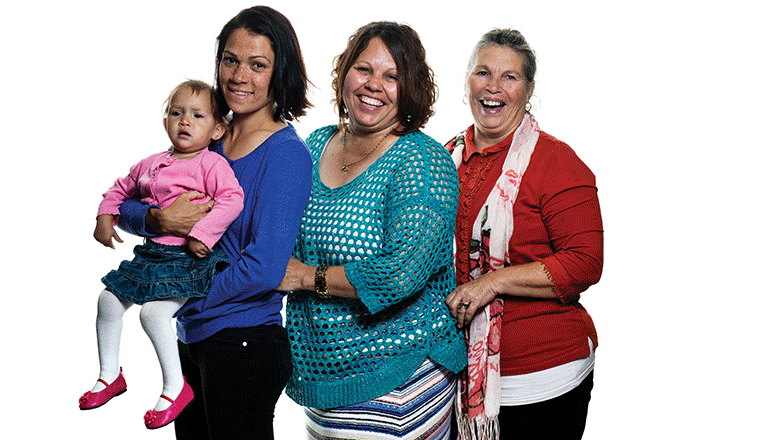Search
Research
Looking after bubba for all our mob: Aboriginal and Torres Strait Islander community experiences and perceptions of stillbirthThe stillbirth rate among Aboriginal and Torres Strait Islander women and communities in Australia is around double that of non-Indigenous women. While the development of effective prevention strategies during pregnancy and improving care following stillbirth for women and families in communities has become a national priority, there has been limited progress in stillbirth disparities. With community permission, this study aimed to gain a better understanding of community experiences, perceptions, and priorities around stillbirth.
Research
Aboriginal perspectives on recognising clinical deterioration in their child and communicating concerns to cliniciansTo explore the perspectives of family members of Aboriginal children about a) their involvement in recognising clinical deterioration in a hospital setting and b) the effectiveness of a poster designed to promote family involvement.
Research
Resilience, renewal and hope in Australian Indigenous-led primary health care initiativesCitation: Marriott R, Reibel T. Resilience, renewal and hope in Australian Indigenous-led primary health care initiatives. Prim Health Care Res Dev.

News & Events
The Kids Kimberley: Researchers and communities working togetherIn 2016, with enabling donations from Denby Roberts, Stan Perron, Wesfarmers and Centurion, the Institute established a permanent presence in the Kimberley.

News & Events
NHMRC funding awarded to support child health researchThe Kids Research Institute Australia researchers have been awarded more than $10 million in research funding from the National Health and Medical Research Council (NHMRC).

News & Events
New study to investigate maternity provision for Aboriginal womenA multi-faceted study led by a Murdoch University researcher will influence the way maternity services support Aboriginal women in WA during pregnancy and birth
News & Events
Experts gather for Aboriginal Immunisation WorkshopExperts in Aboriginal infectious disease research are in Perth this week for the National Indigenous Immunisation Research Workshop (November 7-8).
News & Events
Aboriginal Health Researchers Win Major Discovery Grantsesearchers from Perth's Centre for Research Excellence in Aboriginal Health and Wellbeing have won more than $1.3 million in competitive funding
News & Events
Aboriginal researcher NAIDOC Person of the YearThe head of Indigenous research at Perth's The Kids for Child Health Research has been honoured as the 2008 National NAIDOC Person of the Year.
News & Events
MEDIA BACKGROUNDER - WA Aboriginal Child Health SurveyThe Western Australian Aboriginal Child Health Survey is the most extensive survey of Aboriginal families ever undertaken.
